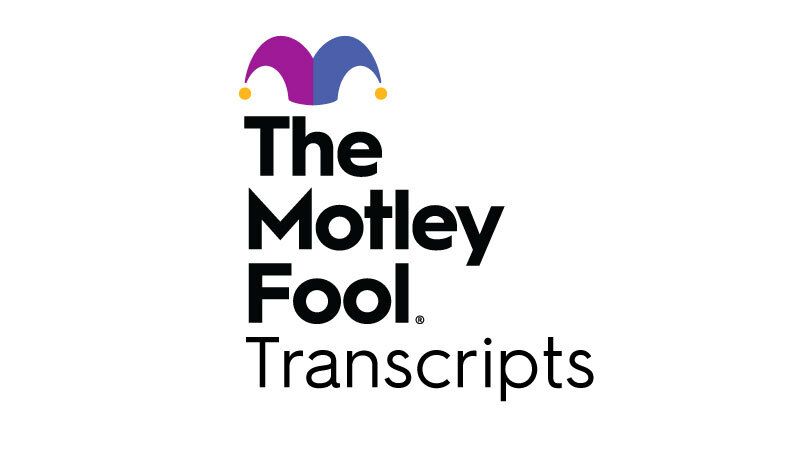Copyright thenewcrusadingguideonline

“When you walk into a restaurant and you see the front door dirty, do not go in. If the front door is dirty, the kitchen is dirty too. The same applies to a country. If the capital city is dirty, the entire nation carries that same filth. Cleanliness reflects leadership, and the state of the capital mirrors the soul of the nation.” — President Donald Trump_ That sentence is a provocation more than policy. It turns sight into verdict and appearance into proof of character. Read charitably it asks a simple question: what does the visible state of our streets say about who we are and who we choose to serve? Read less charitably it becomes a mask for easy blame. Either way the truth it touches is stubborn: the condition of public space is not decorative. It is diagnostic. Walk Accra from the polished facades of ministries to the braided alleys of informal settlements and you will find the same problem wearing many faces. In one block refuse is neatly bagged by outsourced crews, the next block the gutter is a slow stomach. Luxury and squalor lie cheek by cheek, separated by policy, by contracts, by invisible lines drawn by income and indifference. The city does not fail all at once. It fails in pieces, in decisions made by property managers, by a council that tolerates missed pickups, by a market operator who burns waste instead of organizing compost. These micro-failures accumulate into a public condition that smells, literally and morally, of neglect. This is not primarily a technical problem. Technology can cut costs, make routes smarter, light up illegal dumping with sensors, and turn organic waste into soil on site. These tools matter. But technology does not mend the thread between official plans and everyday lives. The repair must start with people whose knowledge is rooted in alleys, not dashboards. Waste collectors, market women, sanitation contractors, chiefs, and the teenagers who run errands at dawn hold the map of waste flows. If they are not at the table, the best algorithm will only repackage failure in a prettier interface. Leadership matters in ways that are widely misunderstood. Clean streets are not only the consequence of enforcement. They are the consequence of choices that set incentives. A city that subsidizes landfill trucking while taxing small recyclers discourages enterprise. A procurement regime that buys plastic goods without recycled content guarantees demand for virgin materials. A licensing system that pushes waste pickers to the margins destroys livelihoods and the most efficient local recycling networks. Leadership that wants cleaner streets must change the rules of production and the rules of reward. There is a moral architecture here. When public services are visible and reliable, they teach a lesson that goes beyond sanitation. They teach reciprocity, that the city cares for everyone and expects a reciprocal care. When collection is uneven and enforcement arbitrary, the message is the opposite. The city says some lives matter less. That is corrosive. Litter becomes shorthand for invisibility. Open dumps become places where the poor die twice—first from indignity, then from disease. Practical reform must therefore do two things at once. Draw the lines of accountability so every contract, every truck, and every bin can be judged by performance and consequence. At the same time repair the economic logic so that those who work with waste can win if they turn waste into value. This is not charity. It is basic market engineering. When the market values clean feedstock, when banks offer microloans for densifiers and carts, when city procurement prefers products with local recycled content, an informal economy becomes an engine. Profit and dignity can, shockingly, travel together. Tactics are local, improvisational, and often low tech. A market needs a place where organics can be turned to compost before they clog drains. A neighborhood needs a micro-transfer point, run by a cooperative of women with scales and simple protective gear, so that the itinerant collector can sell to a local buyer instead of trekking to the edge of town. A dumpsite flares with methane because it has been treated as invisible; mapping its risks, controlling fires, and creating channels for buyers to access sorted materials will reduce harm and build livelihoods. None of this is glamorous. It is stubborn work that requires patience and a refusal to criminalize poverty. At the same time the city should adopt what I call measured visibility. Make service performance public. Give wards a scoreboard: reliable collection percentage, tons diverted to recycling, days between open-dump fires. Transparency does two things. It focuses official energy and it empowers citizens to demand better. When citizens can see how their ward tracks, they can make targeted pressure; when councils must answer to data, excuses thin. Financing is the hinge of reform. Expect neither miracles nor charity alone. Use blended instruments: modest user fees tied to service quality, impact capital to scale recyclers, and catalytic grants to pilot new community-run models. The poor cannot pay for broken services. They can, however, participate in systems that reward improvement and offer real alternatives to burning and dumping. Finally, the story is ethical. The work of sanitation is an act of respect. It is how a society says, plainly, that some lives matter. That respect cannot be outsourced entirely. It requires leaders willing to change procurement logic, to regulate producers, and to stand against the petty corruption that turns contracts into excuses for failure. It requires citizens willing to demand accountability, to support recycling pilots, and to protect the dignity of those who sort our waste. If you want to know whether a city is governed well, watch where the refuse piles up. Look to the front door. Cleanliness is not vanity. It is a public text, and in that text we read truth about priorities and power. The work of making our capital clean is not decoration. It is the slow, steady business of rebuilding a covenant between state and citizen. That covenant begins with small things done well. Richard Dablah richard.dablah@gmail.com Ecopreneur🥸



